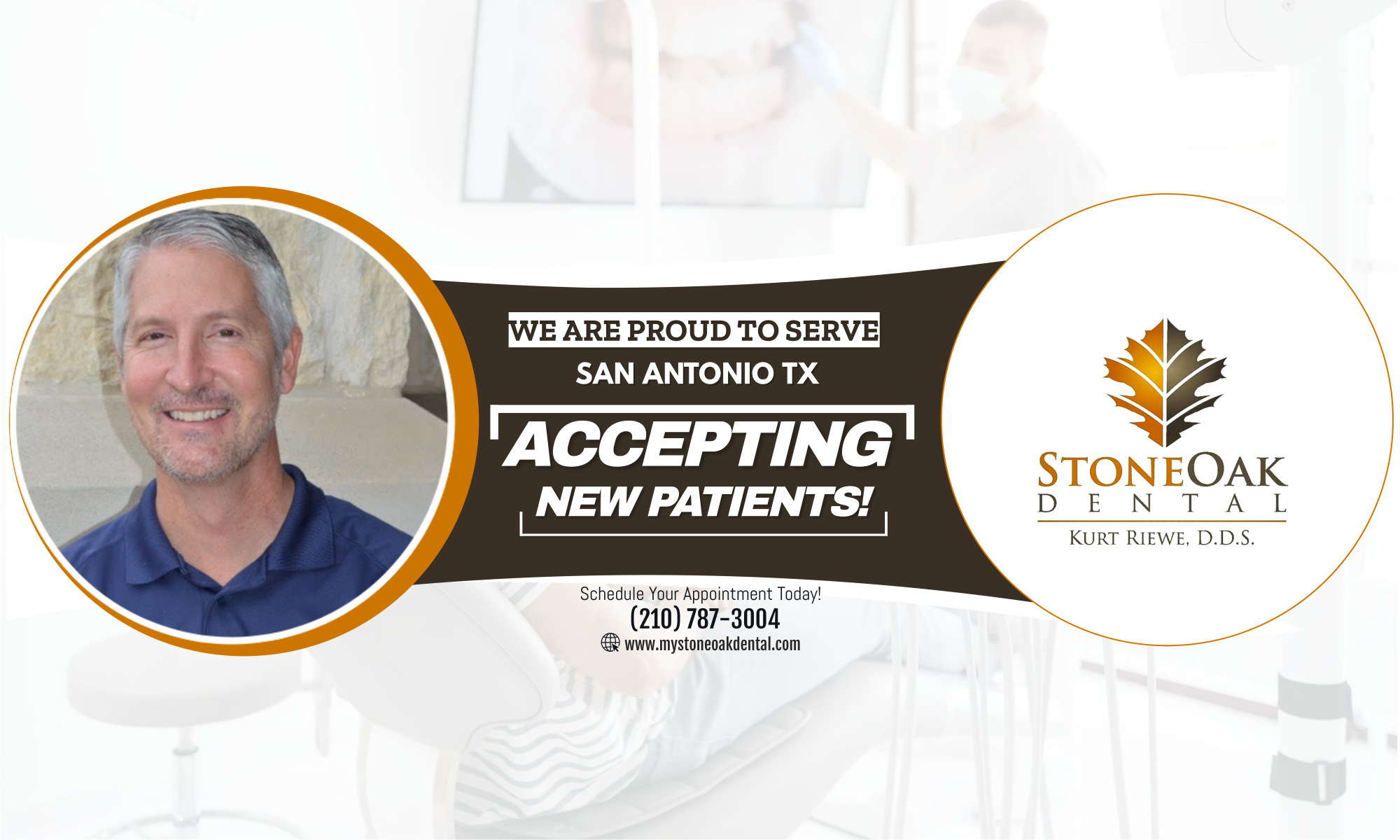A healthy mouth is a good indication of your overall health and helps you to keep a great smile and continue eating what you want for many years to come.
There are a few steps you can take to make sure your mouth is as healthy as possible:
– Brush your teeth twice a day using a good quality toothbrush
– Renew your toothbrush regularly. It will only keep your mouth healthy if the brush is in good condition and the bristles are strong. You should replace it at least every three or four months
– Clean between your teeth. Your toothbrush can’t reach everywhere and bacteria can linger between the teeth so it’s important to clean between them every day using floss or an interdental cleaner
– Visit your dentist regularly for professional cleaning and oral examinations
Your dentist will be able to give you tips on what other products you should consider to help improve your oral health.
For example, antimicrobial mouth rinses and toothpastes can reduce the germs in your mouth and reduce the risk of gum disease.
Also, fluoride mouth rinses can help reduce and prevent tooth decay. Studies have shown that using mouth rinses provides valuable protection over and above that provided by fluoride toothpaste alone.
Look out for the ADA seal when buying toothbrushes and other dental products. This is a sign that the product has met American Dental Association standards for safety and effectiveness.
Following these steps can help ensure that you continue to enjoy great oral health.
